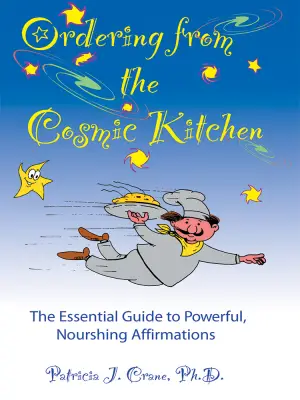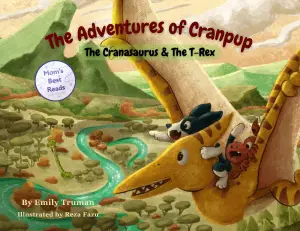A Heartfelt Whisk: A Review of Dad Bakes by Franki Yamasaki
When I first laid eyes on Dad Bakes by Franki Yamasaki, I was immediately drawn in by its unique premise—a muscle-bound, tattooed father who works long hours in a bakery, returning home just in time to share tender moments with his young daughter. As a parent myself, I have always appreciated books that challenge the conventional representations of family dynamics, and this gem truly caught my heart.
The story unfolds simply yet beautifully, centering on a little girl and her dad as they navigate the delicate balance of work and family life. Waking up before dawn, Dad heads to the bakery, a world bustling with the warmth of rising dough and the sweet smell of fresh bread—a stark yet inviting contrast to the coldness of early mornings. Their daily rhythm is portrayed with such gentle authenticity; the little girl not only anticipates his return but also relishes the quiet moments with him. The emphasis on activities like mixing, kneading, and rolling bread creates a palpable sensation of collaboration and joy, something that resonated with me on a personal level.
Yamasaki’s prose is particularly striking in its economy. With phrases like “We go to the kitchen. We mix, we knead, we roll. We wait, and we wait,” she captures both the simplicity of everyday life and the profound connection shared between parent and child. The repetitive structure is perfect for early readers, allowing them to grasp the rhythm of the language while also engaging with a meaningful narrative. It’s a refreshing departure from the typical children’s books filled with clichés—a welcome change that makes Dad Bakes stand apart in a crowded bookshelf.
Visually, the book is a treat. Yamasaki’s illustrations are vividly colored, exuding warmth and affection, perfectly complementing the spare yet impactful text. The portrayal of the father, not as an archetypal figure defined by toughness but as a loving caregiver engaged in non-stereotypical activities, is both heartwarming and empowering. It mirrors the beauty of relatable, everyday experiences—something I think every child and parent can recognize.
As I delved deeper into the back matter, my appreciation for Yamasaki grew even more. Her note about parental incarceration is not just a footnote; it’s a necessary perspective that highlights a reality faced by over five million American children. Her collaboration with organizations aiding formerly incarcerated individuals adds depth to the narrative, showing a genuine commitment to social issues often brushed aside in literature. By emphasizing love and resilience, Yamasaki creates a bridge that connects readers with important, though sometimes overlooked, themes.
I can’t help but think that Dad Bakes would resonate with a broad audience—parents seeking relatable stories, educators wanting to introduce kids to diverse family structures, and anyone hoping to instill empathy and kindness in children. This book is more than just a story; it’s a celebration of love, redemption, and the intricate dance of family life.
In reflecting on my own experience with this charming narrative, I felt a renewed sense of hope and connection. The portrayal of a loving father-daughter relationship against the backdrop of societal challenges left a lasting impression on me. Dad Bakes is not just a delightful read; it’s a crucial addition to children’s literature that encourages compassion and understanding, making it a book I’ll cherish and recommend for years to come.















